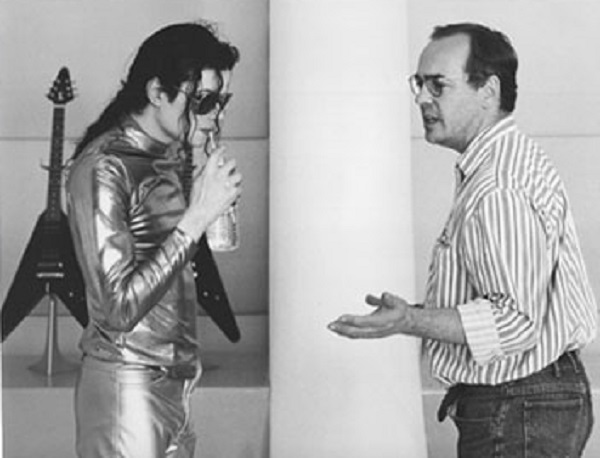
INTERVIEW FROM HYPEBOT – MJVIBE HAS NO RELATION WITH THE CONTENT OF THIS INTERVIEW.
In this interview, Dan Beck discusses the difficulties he experienced as part of Michael Jackson‘s marketing team during a time when the ‘King of Pop‘ began to go off the rails.
When Michael Jackson declared himself the “King of Pop,” Dan Beck fought it. Beck was an executive at Epic Records who was part of Jackson’s marketing efforts in the ’90s, a time when his bizarre behavior was overshadowing his talent. By the time the HIStory album was released in 1995 (Beck came up with the title), Jackson was both the biggest star on the planet and the most scandalous.
We spoke with Dan about some of his behind-the-scenes adventures in the industry, including how Jackson crowned himself “King of Pop.”
Carl Wiser (Songfacts): You’ve had a very interesting career. You were working on the Michael Jackson HIStory album at a time when he was clearly coming unhinged, and you were in charge of the marketing. How did you handle that?
Dan Beck: It was unbelievable, really Carl. Everything changed all the way along. You think you’re in charge but you’re really not. More and more things would happen and it was just a really, really challenging experience and I was very concerned that the album would come out and it would just be the absolute biggest disaster in the history of the music industry… and it had my name on it.
When I started working with him on the Dangerous album [released in 1991], we were still thinking about how we could rehabilitate his career. He did the Super Bowl halftime and he did the Oprah interview at the ranch, and there were all kinds of really good things going on, but it just started to slide downward. And it’s frightening to work with such a magnificent career and see it crumbling. It was just a sad situation and a very intense time.
Carl: In that very last documentary that Jackson did, it becomes clear he’s very strong-willed. So, if he would make a decision, he was going to push that through pretty much no matter what. Is that what happened when you were doing the work on these albums?
Dan: It was a culmination of things. If Michael got things in his head, they became very fixed and he was very focused to move forward. A lot of what we tried to do was to establish a perspective and reasons to do things before he would get positioned on it. He was very open-minded to those kinds of ideas when he didn’t have something fixed in his head, and I thought he was a wonderful collaborator in the sense that he always appreciated ideas and was very thoughtful. That’s why so many really talented people liked to work with him – from Quincy to the choreographers to the video directors, the big names that were involved through his career – because in that collaborative effort he was just a pleasure to work with.
Carl: The other thing that really surprises me about the guy is that he was such a wonderful songwriter, and it seems like you need to have some kind of grounded life experience to write these really relatable songs. Jackson was born in a bubble, yet he was still able to write songs that moved ordinary people.
Dan: Very much so. I was around him when he was in the studio, and he was never particularly a musician in the technical sense – he was a guy with ideas in his head and he would interpret them through musicians. But I think so much of songwriting comes from isolation. Even as a child performer he had a lot of isolated time where he wasn’t like everybody else, and I think that’s why he became such a good writer. He was also a student of the whole business and I think that is part of it too.
There are people who overwhelm you with what they have contributed creatively, whether it’s John Lennon or Kris Kristofferson, and I think Michael was inspired that way.
[…]
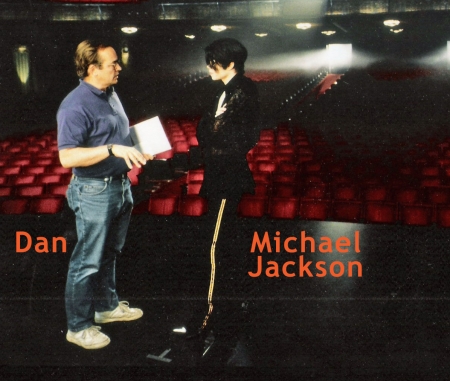
Carl: So, I wonder if you guys were ever sitting in an office trying to think of a positioning statement for a band, because it’s not something that many bands have. For instance: The Rolling Stones – The World’s Greatest Rock and Roll Band; Aerosmith – The Bad Boys from Boston. And then if you don’t get one, people make it up for you, so Bruce Springsteen becomes The Boss, even though he never wanted that. Are those actual discussions?
Dan: You’re not looking for the ultimate tag. Maybe you’re coming up with something for an advertising campaign for the record or something to give some definition.
People say, “Oh, that’s a combination of such-and-such a band and…” Why? Because it just seems that people need some direction – they need something to hang their hat on: “What kind of band is that?” So, we get into these descriptions. I think it’s rare that it just really works. Michael Jackson manufactured “King of Pop,” and believe me, we were trying to talk him out of it.
Carl: Why did you try to talk him out of it?
Dan: Well, our feeling was that radio was going to just roll their eyes and say, “Screw you!”
This was around the time of Dangerous, the late ’80s and beginning of the ’90s, and here was a guy that the tabloids were starting to talk about his skin color, they were starting to talk about the plastic surgery and the Elephant Man and the hyperbaric chamber – I guess those were probably the first four aspects of Michael starting to take hits in the media.
A lot of people in the media were unhappy with Michael because he didn’t talk to them and Frank DiLeo [Jackson’s manager] essentially kept him away from the press, I think with good reason because Michael only had so much to say and he also was a very vulnerable guy. He wasn’t media savvy in the way of sitting down with a journalist and really having that engaging conversation. He was just too much in a bubble.
Frank kept him away, so with all the success that he had there were some media people who were very frustrated that they couldn’t talk to him. So, when things started to crack and there were more odd entities in his life, it started to turn negative.
Well, now, Michael starts to evolve the idea of “King of Pop” and he passes that along to his new manager, Sandy Gallin, who starts presenting this idea that we’re going to call Michael “King of Pop.” At Epic, we were saying, “Sandy, stop, please. This is going to hurt him and we could have people turn against us.”
Were we over-concerned? Probably. We were all trying to make our own lives simpler. In the meantime, if you look back on the whole thing, he did become “King of Pop.” I guess in immortality he established it and maybe he was working on that while he was alive.
[…]
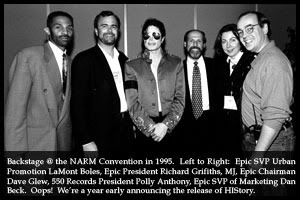
SOURCE & Full Interview: Hypebot


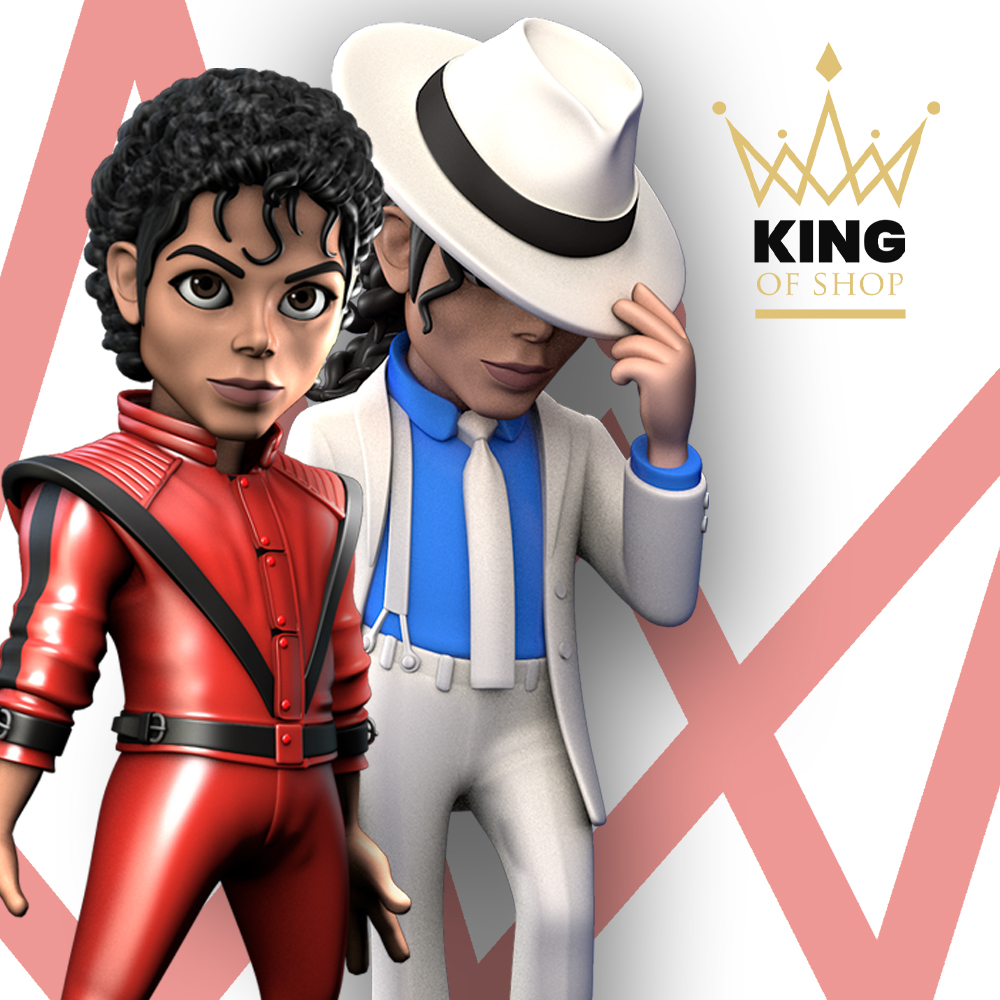
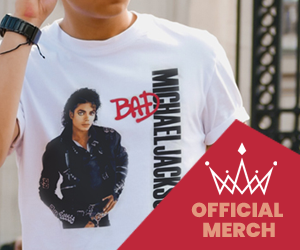
“he was clearly coming unhinged” REALLY??? Give me a break, Carl Wiser! Also, Dan talks about wondering how to rehabilitate Michael’s career when he was working on ‘Dangerous’… which seems to me to be a really strange thing to say given the success of Michael’s previous albums to that date.
Dan Beck and the interviewer are just idiots. Michael said a number of times that it’s Elizabeth (Taylor) that coined the term ‘King of Pop’, he didn’t. Plus, he wasn’t “going off the rail” at all. The answer as to why some people think he is ‘weird’ is right there… he didn’t grant as many interviews (and rightfully so, because the questions asked always hinted at him being ‘crazy’, ‘psycho’ or ‘delusional’. SMH) as most superstars would and the stupid media decided that they would make up stories about Michael, out of frustration, anger and jealousy. It’s sad that someone who worked with him can’t see that.
i Totally agree with Sally’s comments. These guys did not have a clue. Michael Jackson was a genius, in all aspects. Elizabeth Taylor did name him King of Pop and he did NOT go off the rails. As for the
elephant man and the hyperbaric chamber , those were Michael’s way of getting back at the media for the outrageous lies they printed about him.
I understand where Dan is coming from in particular to MJ’s career and image in the USA. Worldwide markets infact he was bigger than ever in terms of units sold and concerts. But in the US a completely different story. It’s true MJ wanted a stap line to go along side his name and he did push for it; that’s a fact. Yes Liz Taylor did publicly declare him the King Of Pop but MJ was very much putting out that name and radio stations and TV networks obliged. It’s marketing all be it a little contrait…I personally feel the image that Frank put out in the media post Thriller and Bad era back fired in the end. I never like to big myself down with his personal and media perceived image; it’s the music and his artistry that always mattered. Sony and his management failed him on upholding this and fed the media and do believe MJ had a part in that for sure. He was a harmless creative genius that made everyone around him rich; greed takes over and money becomes the priority…